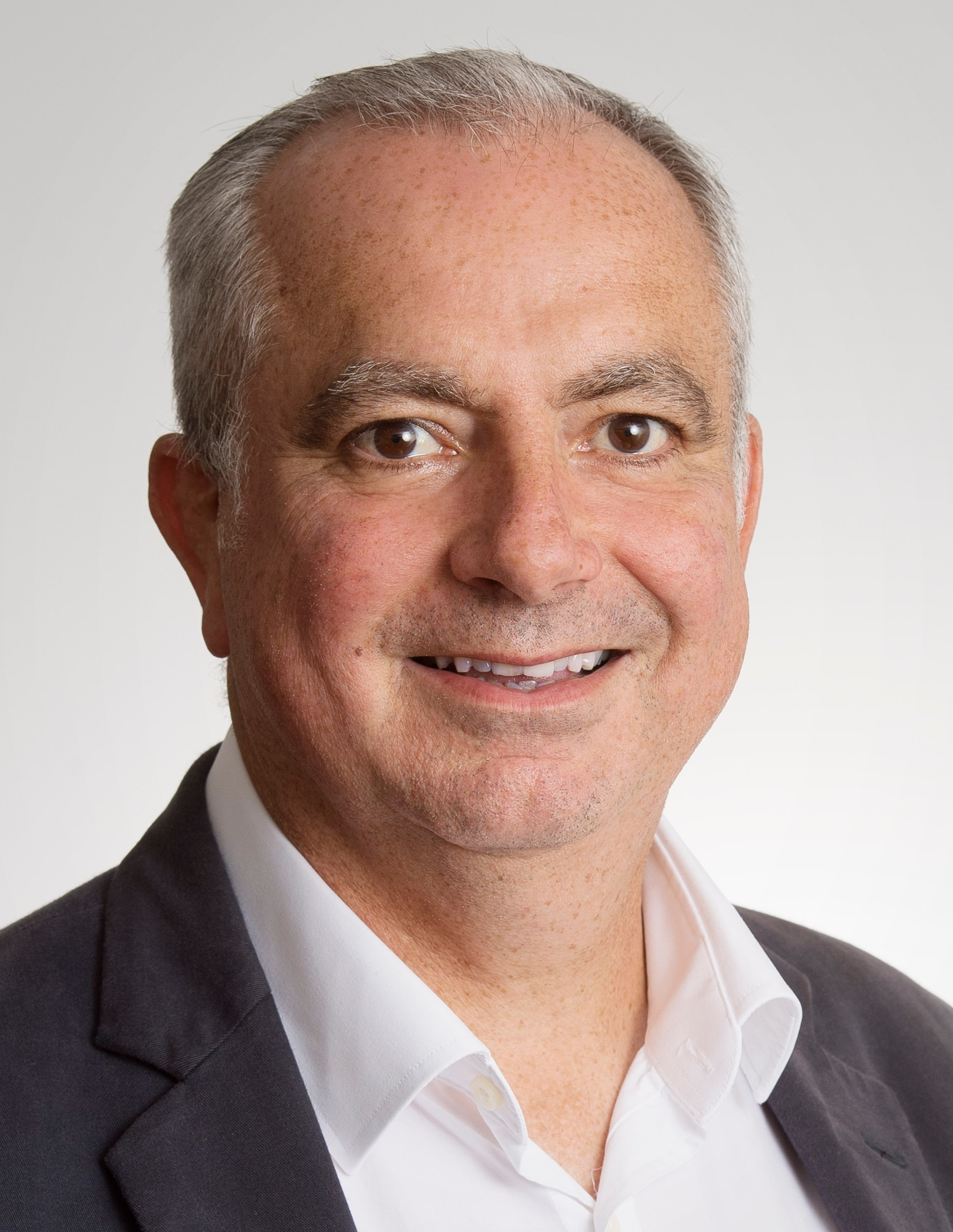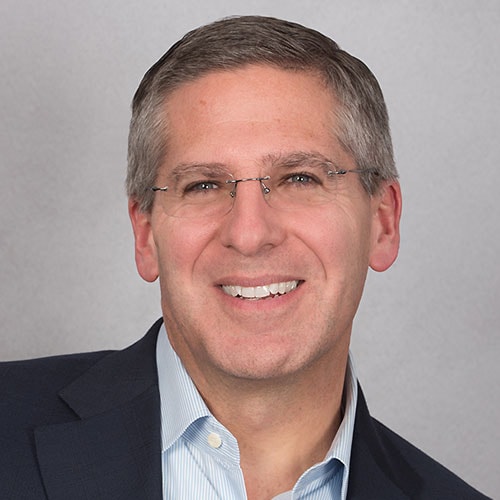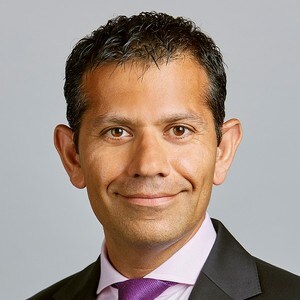Accurate and timely data is as vital to performance in athletics as it is in business. And in elite sport, small changes can provide a big competitive advantage.
PwC UK helped UK Athletics harness the power of data to increase its athletes’ chances of success. They brought together a multi-skilled team of solvers from across the PwC network to build a cloud analytics platform and perform data cleansing, modelling, and analysis. Their work enabled UK Athletics to integrate, benchmark and analyse crucial athlete performance data including nutrition, strength and conditioning, biomechanics, sleep patterns, and injury history. Now, UK Athletics is gaining powerful new insights to help team members enhance their performance and win more medals. To read the full story, check out the case study.
Alex Cooke, Data Intelligence Partner, PwC UK, commented, ‘This has been a hugely exciting project with [PwC and UK Athletics] eager to push boundaries and develop new ways to help athletes win more medals. While the work we’re doing here is unique, it’s ultimately about using data to optimise your performance and achieve your goals which is important in any industry.’






















